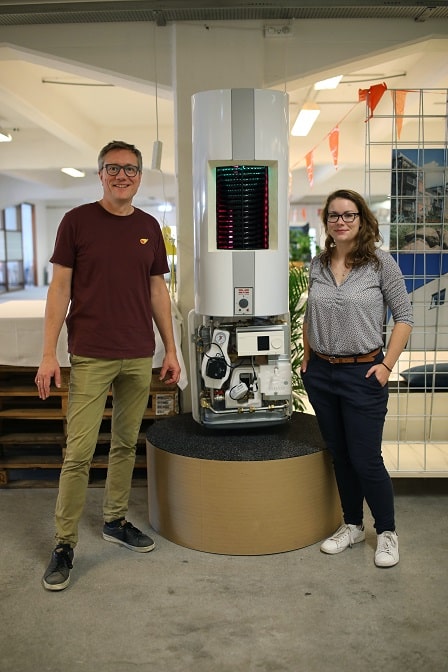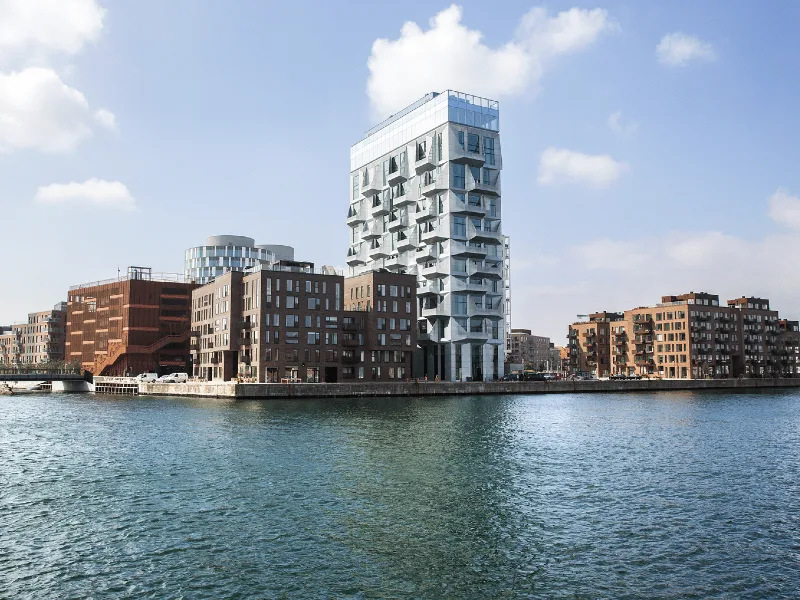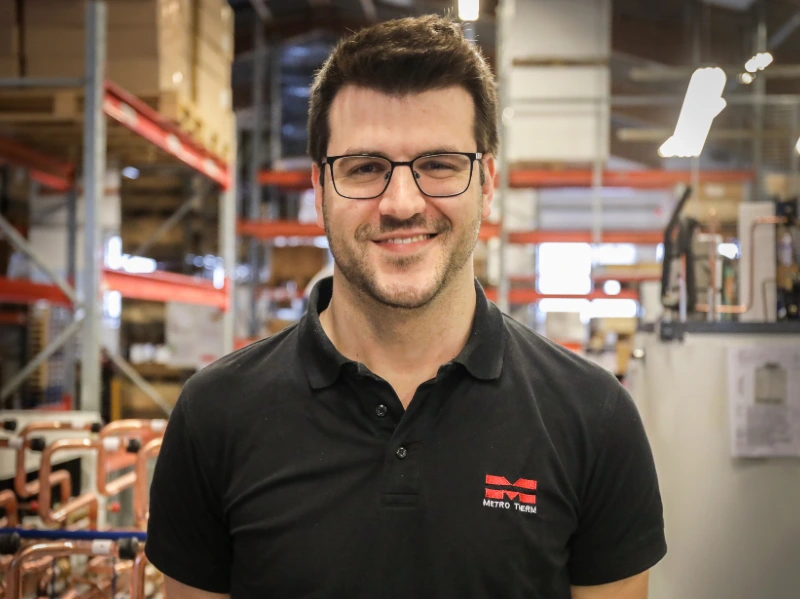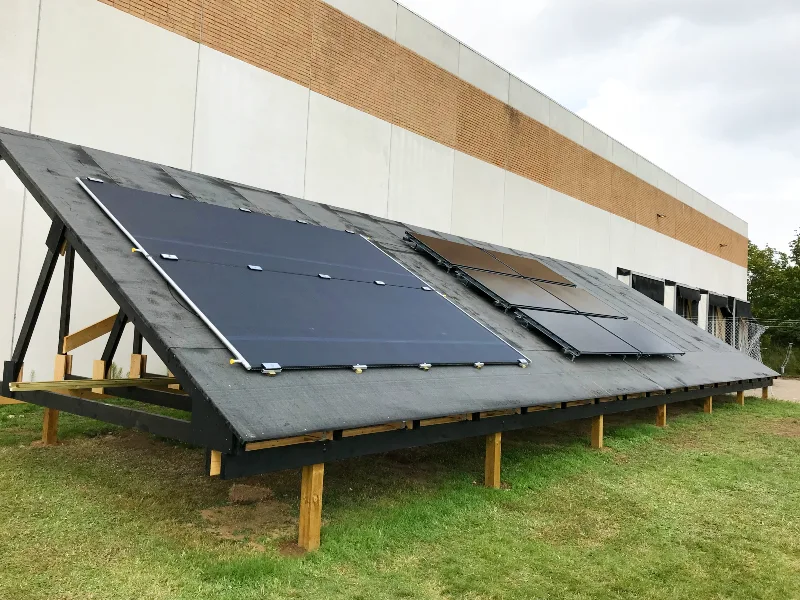METRO THERM - part of the EnergyLab Nordhavn energy project
EnergyLab Nordhavn is a project that project integrates research, product development and demonstration in one large living laboratory - and METRO THERM is one of the participants.
The project is about transforming the existing energy system so that it effectively integrates a large proportion of renewable energy. The transformation of the energy grid is an important step towards achieving national and international climate goals.
The project focuses on the future's cost-effective and intelligent energy systems, which integrates several types of infrastructure (including electricity, water, heat and transport) and enables intelligent control of the system. It allows energy-flexible installations that break with the old-fashioned silo thinking of energy, which is necessary to enable more efficient use of the renewable energy.
Flexible switching between energy sources
METRO THERM is contributing to the project with a hybrid solution that can flexibly switch between district heating and electricity for heating domestic water - a so-called Fuel Shift solution. The idea is that the installation can intelligently switch between the energy sources, depending on which source is the most advantageous at a given moment. This could, for example. be to offset the fluctuations that can occur in the energy grid. This typically happens at night when the wind turbines produce electricity, even though there is minimal load on the electricity grid, or in the morning when almost everybody is showering at the same time, and the district heating plants therefore are at their peak load.
Less heat loss with cold district heating
METRO THERM currently has 24 Fuel Shift installations in Nordhavn. 11 of the 24 installations are also prepared for cold district heating experiments. Copenhagen district heating plants currently supply district heating with a flow temperature of 90 ° C, but the large temperature difference between the hot water in the pipes and the surrounding cool soil results in a large heat loss to the surroundings.

Head of Development Kasper Østergaard and Product Manager Lykke Olsen in front of the district heating tank
By lowering the flow temperature, the heat loss is reduced, making cold district heating far more energy efficient than ordinary district heating. This is advantageous for both the district heating plants that can use less fuel per day per liter, and for the customer, who can more efficiently cool the return water.
However, in order to achieve the same domestic hot water temperature as with traditional district heating, and to avoid legionella bacteria in the water heater, it is necessary to raise the temperature more than the cold district heating can. The system does this by means of a built-in electric heater in the hot water tank.
The Fuel Shift technology is coupled with a System 5 district heating unit with district heating tank model 110. The coil of the district heating tank has a heating surface of 1 m2 and can fully utilize the district heating and ensure optimal cooling of the return water. The container is insulated with high-efficiency PUR foam, which ensures a low heat loss.
A number of visitors and delegations visit EnergyLab Nordhavn every month. If you would like to visit the showroom and learn more about EnergyLab Nordhavn, you are welcome to contact [email protected]. Please state the purpose of the visit, how many you are, and whether there are topics of particular interest. You can read more about EnergyLab Nordhavn here.
The project participants are: METRO THERM A / S, DTU, the City of Copenhagen, City & Harbor, HOFOR, Radius, ABB, Danfoss, Balslev, CleanCharge, Glen Dimplex, and the PowerLabDK facilities. The project is supported by the EUDP (Energy Technology Development and Demonstration Program).



